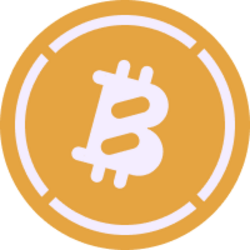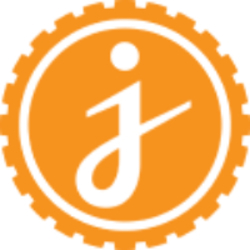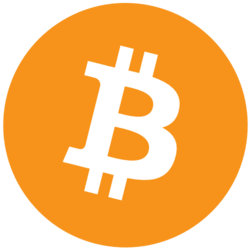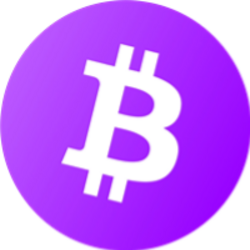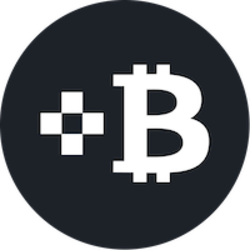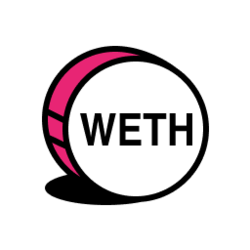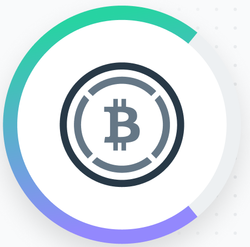Hey there! Have you ever thought about how digital life is changing the way we manage our identities? Let’s chat about something pretty exciting in the tech world: decentralized identity systems. Sound complex? Don’t worry—I’ll break it down into bite-sized pieces so that by the end, you’ll not only get what decentralized identity is all about but also understand why it’s making waves globally, especially in places like the U.S., India, Nigeria, and Brazil.
So, let’s start with the basics. Imagine that instead of relying on one single platform (like a social media site or an online bank) to store all your personal information—like your name, age, email, and all of your accounts—you have full control over it. That’s decentralized identity in a nutshell. It means that your personal info isn’t stored in one vulnerable spot that can be hacked or breached. Instead, it utilizes something called blockchain technology. Think of blockchain as a super-secure digital ledger that helps keep your information safe and sound, and you get to choose who sees what.
Now, I know what you might be thinking: “But, wait! Isn’t this a techie thing? What about security?” That’s a great point! Security is a big selling point for decentralized identity. If you’re tired of hearing news about data breaches and hacks, you’d be pleased to learn that decentralized identity systems use advanced cryptography. This means that your personal information is locked up tight, almost like putting your valuables in a safe rather than leaving them out on the table for anyone to grab. It also often includes features like multifactor authentication, giving you those extra protective layers—like needing both a key and a code to access your front door.
But it’s not just about keeping your data safe; it’s also about privacy. In a world where big companies often treat personal information like it’s just a number on a spreadsheet, decentralized identity gives you the power to decide what you share. Let’s say you’re signing up for a new app. Instead of handing over your entire life history, you can selectively share only the information that’s necessary. It’s a bit like giving someone a piece of candy rather than the whole bag— you dictate the terms. This control is especially significant for those just starting their journey in the digital space who may feel anxious about giving away too much personal information.
For businesses, decentralized identity comes with a bunch of perks too. If you’ve ever had to deal with the hassle of verifying your own identity, you know how tedious and time-consuming that can be—think of all the forms and documents! Businesses can leverage decentralized identity to streamline this process. By automating identity verification, they can cut costs and spend more energy on innovation rather than administrative headaches. This means startups and small businesses can break into markets more easily, which is super important in emerging economies.
Speaking of inclusivity, that’s another major highlight of decentralized identity systems. In many countries, especially in underprivileged areas, a lot of people don’t even have basic forms of identification, which prevents them from accessing essential services like banking or healthcare. Decentralized identity can help solve that. Imagine a world where having a secure way to identify yourself doesn’t depend on where you live or your economic status! This technology opens doors, allowing people to participate fully in society without barriers.
Now, if all of this sounds fascinating but a bit overwhelming, you’re definitely not alone! The good news is that many emerging platforms are designed with users like you in mind. They’re making decentralized identity management easier to understand and navigate, even for those who are totally new to crypto or tech. So you won’t need to be a programming genius to get involved—these systems are becoming more user-friendly every day.
So, what’s the takeaway here? Decentralized identity systems are reshaping our digital futures in ways that are not just innovative but also necessary. They provide enhanced security, better privacy, and lower costs for businesses while making identity access more inclusive and accessible. If you’re curious about this technology and how it fits into the larger crypto space, jump in! Look for beginner-friendly platforms or resources that will guide you through the process.
Platforms like Coinbase or Binance Lite are great starting points to explore cryptocurrency and decentralized identity in a safe environment. And for those of you who prefer learning at your own pace, educational sites like CoinMarketCap Academy can really help clarify things. Remember, the world of digital finance is dynamic and ever-evolving—by staying informed and engaged, you’re not just learning; you’re on your way to unlocking new financial opportunities. Who knows? This could be the key to your future financial freedom!
Happy exploring, and remember, you’re not alone on this journey!









































